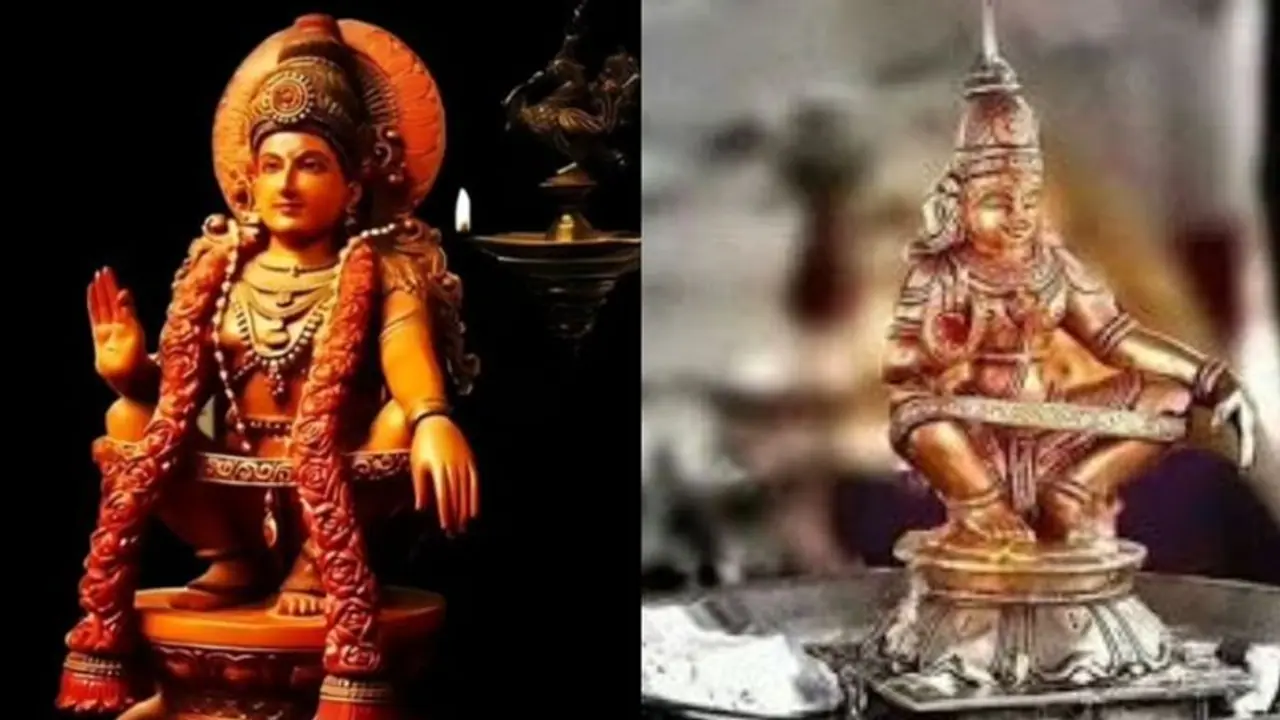"Vrischikam 1" refers to the first day of the Malayalam month of Vrischikam, which usually falls in November. During the Sabarimala season, fasting is considered important for devotees who undertake the pilgrimage. Here's why fasting is significant:
"Vrischikam 1" refers to the first day of the Malayalam month of Vrischikam, which usually falls in November. This day holds significance in the context of the Sabarimala pilgrimage in Kerala, India. During the Sabarimala season, fasting is considered important for devotees who undertake the pilgrimage. Here's why fasting is significant:

Purification of the Body and Mind: Fasting is seen as a way to purify the body and mind. Devotees believe that abstaining from certain foods and maintaining discipline over their physical desires helps in spiritual purification.
Austerity and Self-Discipline: Observing a fast is considered an act of austerity and self-discipline. It is believed that by practicing self-control and restraint, individuals can strengthen their willpower and focus on spiritual practices.
Devotion to Lord Ayyappa: Sabarimala is dedicated to Lord Ayyappa, and fasting is seen as a demonstration of one's devotion and commitment to the deity. It is a way for devotees to express their sincerity and dedication to the pilgrimage.
Symbol of Equality: Fasting is a practice that transcends social and economic differences among the devotees. Regardless of their background, all devotees are expected to follow the same rituals and undergo the discipline of fasting during the Sabarimala season, fostering a sense of equality and unity.
Preparation for the Pilgrimage: Fasting is considered a form of preparation for the pilgrimage to Sabarimala. The rigorous journey to the temple, which includes a challenging trek, is seen as an arduous spiritual endeavor. Fasting is believed to prepare the body and mind for this pilgrimage.
It's important to note that the specifics of fasting during the Sabarimala season may vary among individuals, and some may choose different forms of austerity and dietary restrictions as part of their devotion to Lord Ayyappa.
